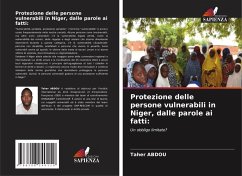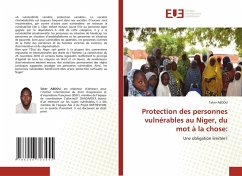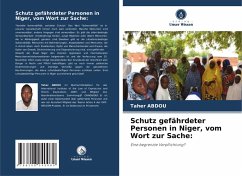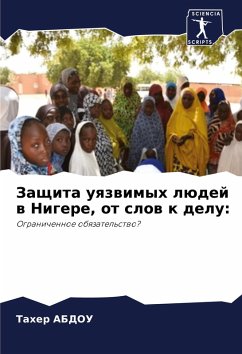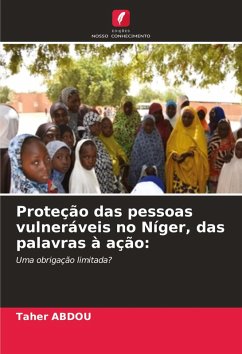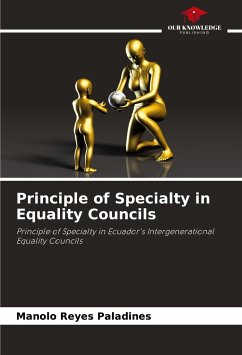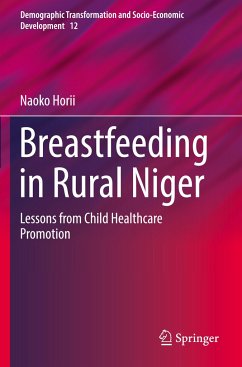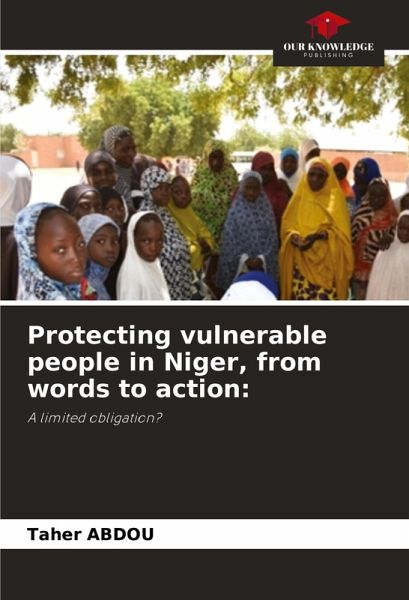
Protecting vulnerable people in Niger, from words to action:
A limited obligation?
Versandkostenfrei!
Versandfertig in 6-10 Tagen
40,99 €
inkl. MwSt.

PAYBACK Punkte
20 °P sammeln!
"Variable vulnerability, variable protection". The term "vulnerability" is still used frequently in our society. Some people are invulnerable, but others are vulnerable: there's age-related vulnerability, such as that of a minor child, a young girl or an elderly person in the throes of dependency. Alongside this category is situational vulnerability: the disabled, the illiterate and the poor. Also vulnerable are stateless people, victims of human trafficking and women who are victims of violence, discrimination and stigmatization.Although the State of Niger is a party to most regional and inte...
"Variable vulnerability, variable protection". The term "vulnerability" is still used frequently in our society. Some people are invulnerable, but others are vulnerable: there's age-related vulnerability, such as that of a minor child, a young girl or an elderly person in the throes of dependency. Alongside this category is situational vulnerability: the disabled, the illiterate and the poor. Also vulnerable are stateless people, victims of human trafficking and women who are victims of violence, discrimination and stigmatization.Although the State of Niger is a party to most regional and international human rights conventions, and the Constitution of November 25, 2010 and certain legislative texts reaffirm the principle of equality of all citizens in terms of rights and duties, numerous forms of discrimination still exist, and there are ongoing violations of the legal rules supposed to protect these vulnerable people. So, do vulnerable people enjoy sufficient protection in Niger?





